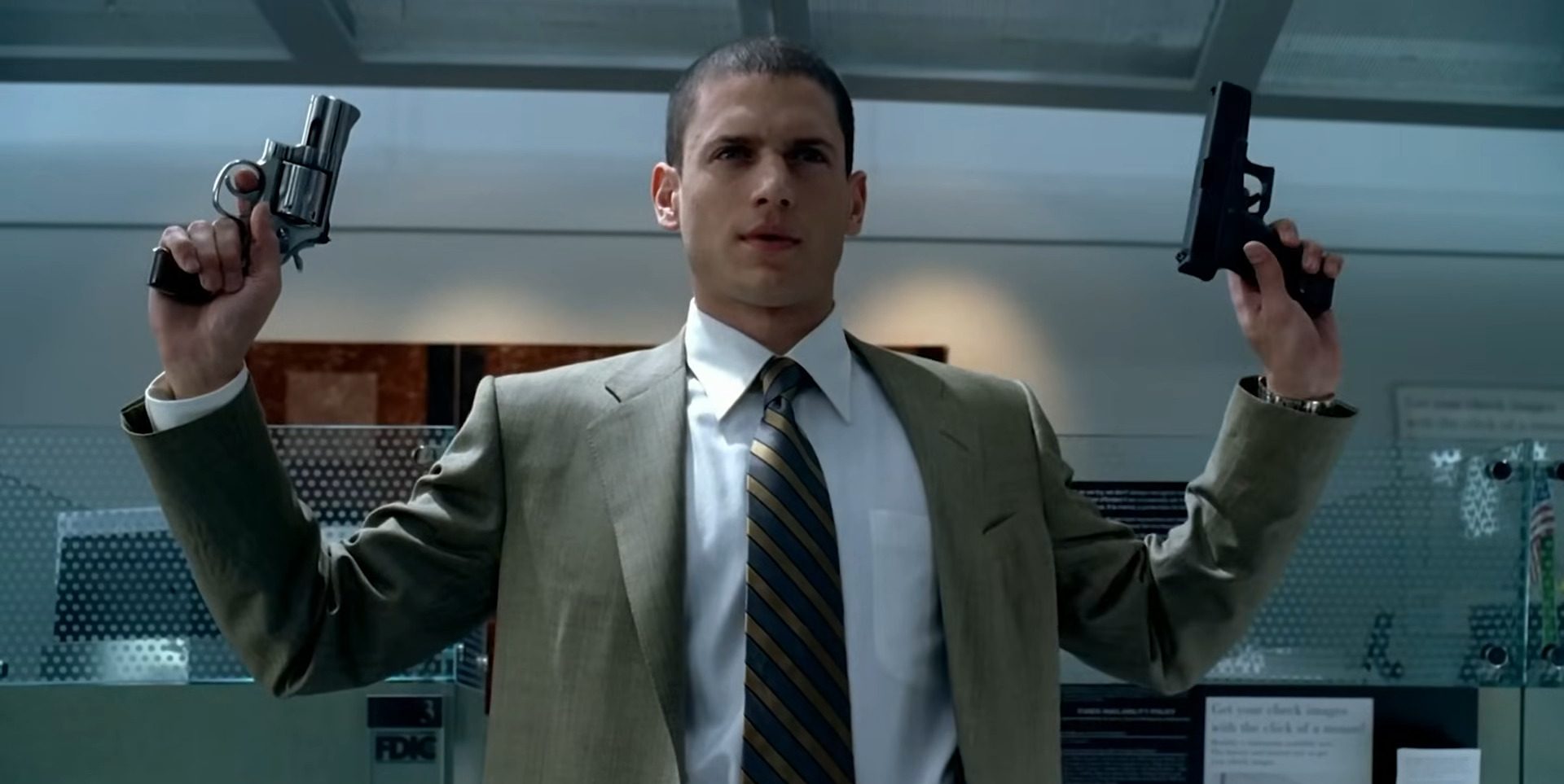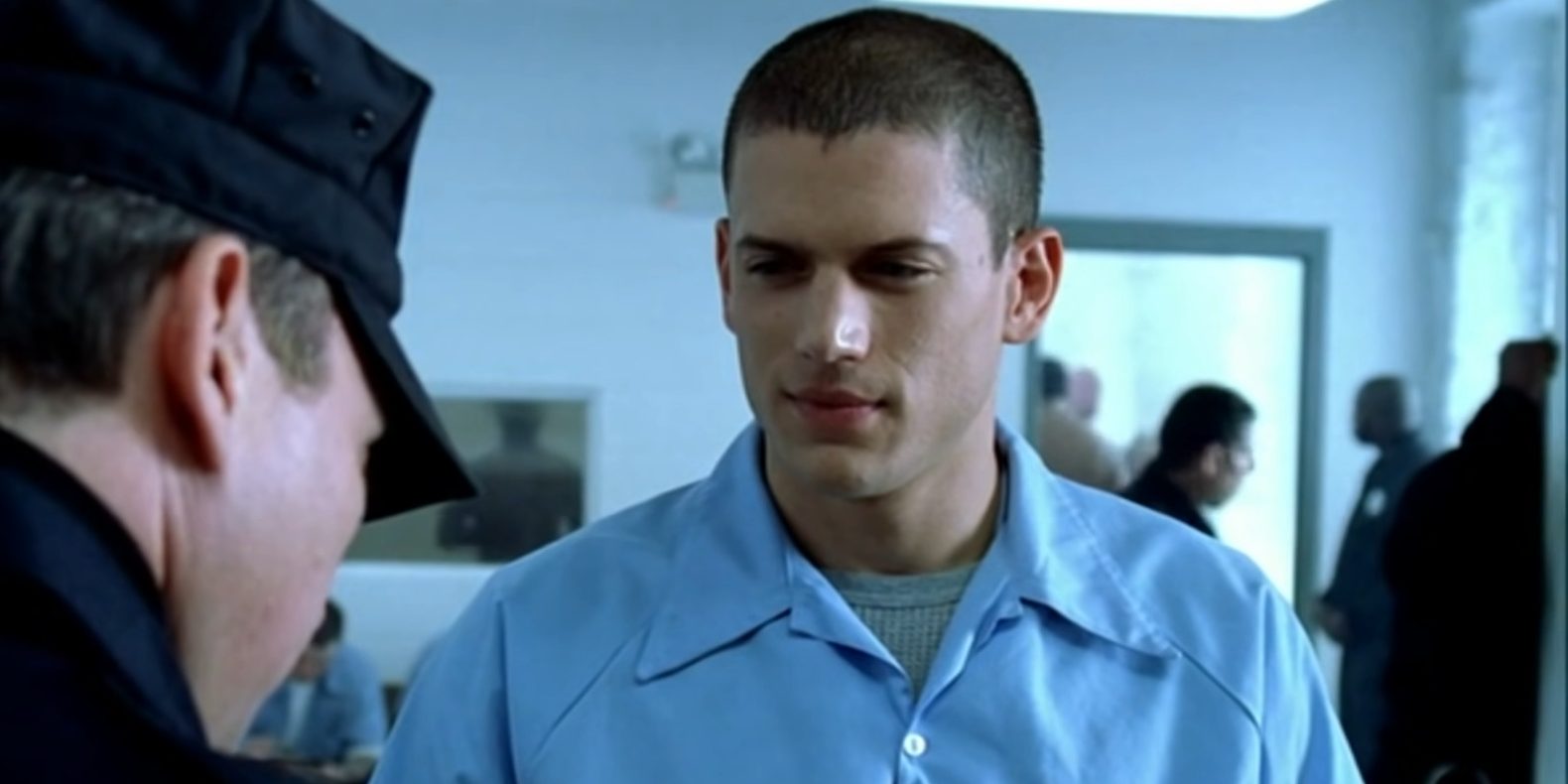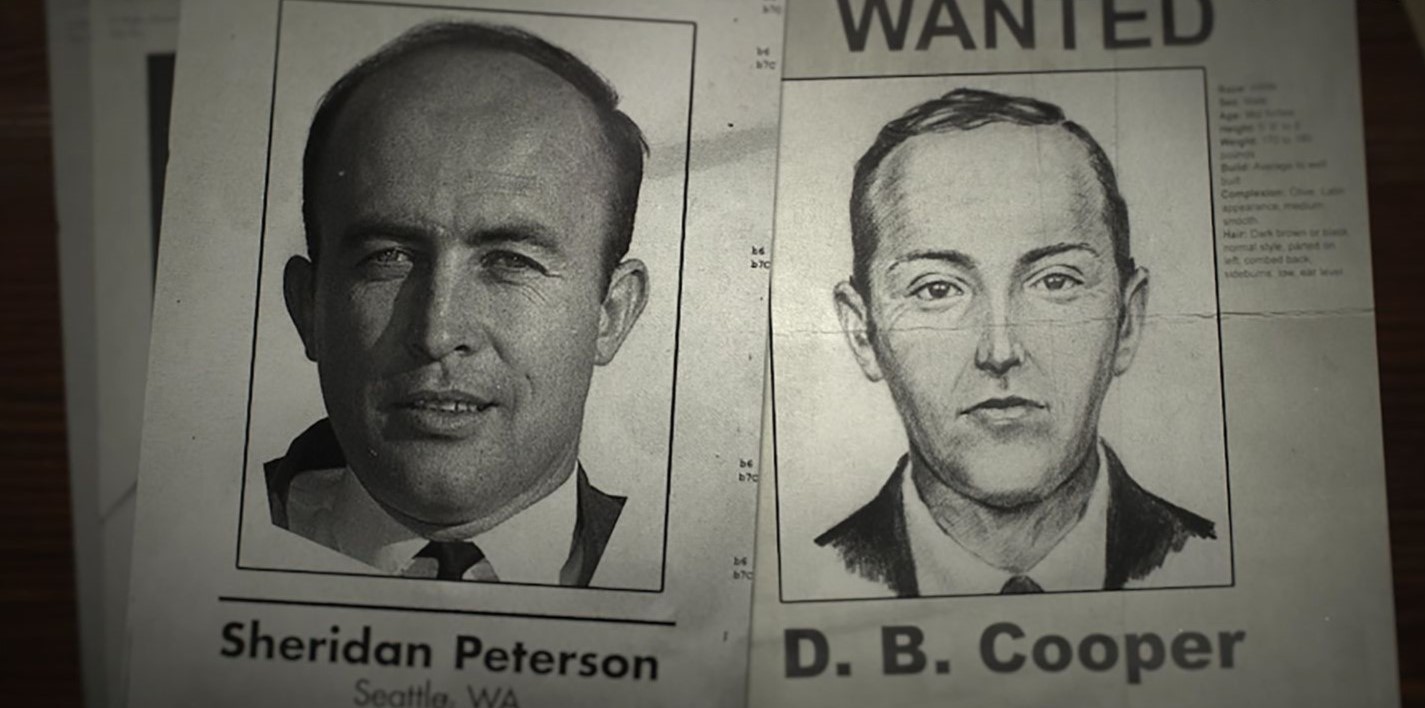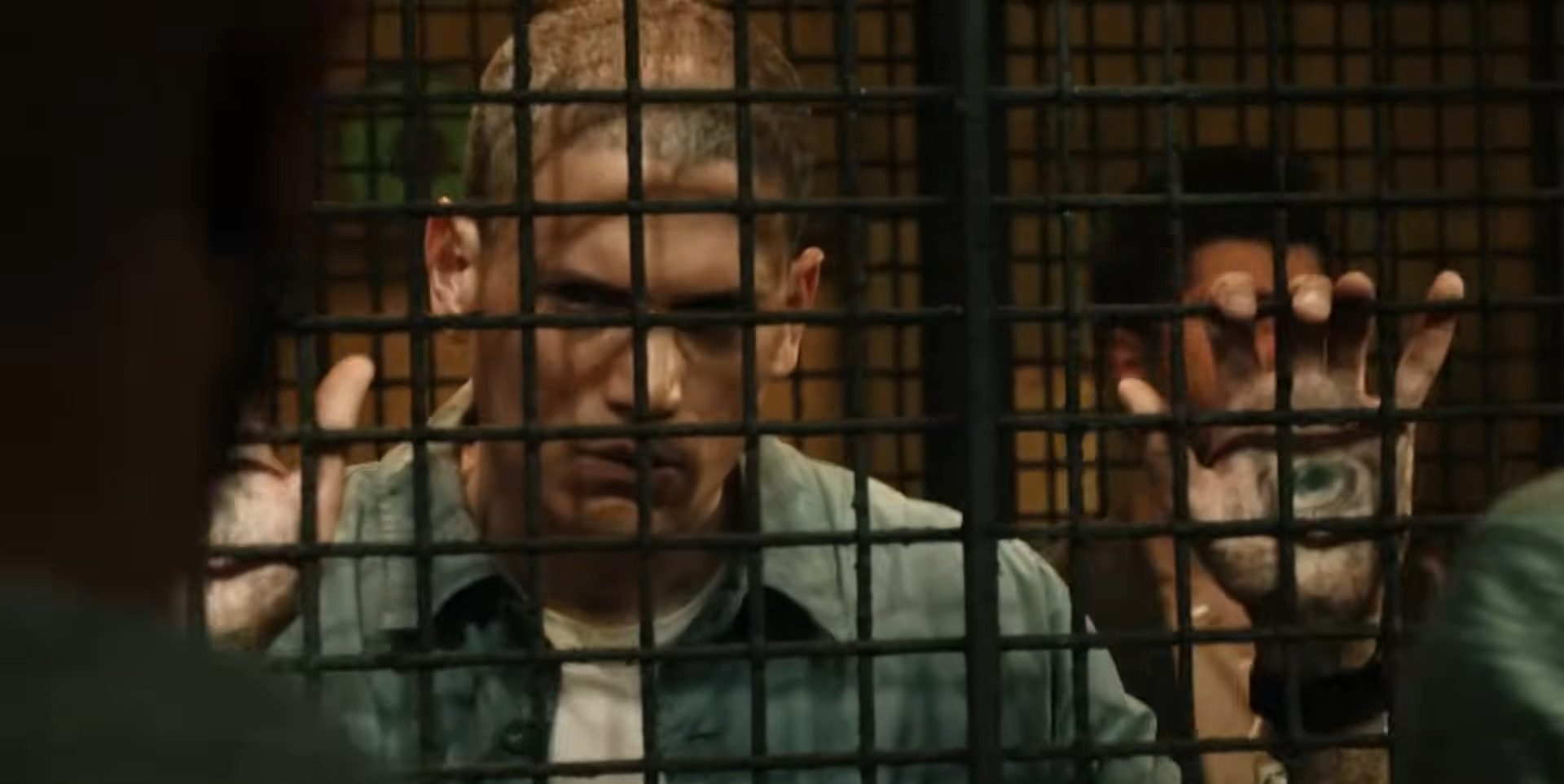Created by Paul T. Scheuring, Fox’s ‘Prison Break’ begins with Lincoln Burrows on death row for a crime he didn’t commit: the homicide of the Vice President’s brother. Lincoln’s genius brother, Michael Scofield, plans to break him out of prison from the inside. To do so, he gets a full body tattoo that hides the facility’s layout within it and deliberately holds up a bank to get arrested. Once inside, he must navigate the precarious prison ecosystem to bring his plan to fruition while dealing with dangerous characters on the way. With Hulu’s reboot of the Fox series in the works, some may wonder what inspired the epic saga that began in 2005 and spanned five seasons until 2017.
Prison Break Takes Inspiration from Thematically Similar Films and a Greek Epic
Several parallels and references to real-life people, as well as movies about prison escapes, can be observed in the expansive story of ‘Prison Break.’ Creator Paul T. Scheuring said that he was given the initial premise of the show by producers Marty Adelstein and Dawn Parouse. They asked him to write a show about a man deliberately getting himself into prison to break someone out. “I thought it was a pretty good idea,” said Scheuring in an interview. “It was just a matter of why would anybody do anything that stupid? And why would they believe they could do it?”

The premise also had the challenge of being followed up by a story that could stretch into a long-running show. To counter some of his concerns, Scheuring began writing the script about the falsely accused brother and a conspiracy plot. In addition, the creative revealed that he used other works of a similar vein as inspiration when it came to writing the show beyond its flashy premise. The subsequent story thus used ‘The Shawshank Redemption,’ and his favorite film, ‘The Great Escape,’ as models. The narrative beyond the first season and what would happen after the characters broke out was something Scheuring hadn’t known himself at the time.
When it came to the story arc of season five with Michael’s resurrection, Scheuring employed ‘The Odyssey’ as a source of inspiration. “I thought about it for a while. Michael had apparently expired and he had married the woman that he loved and had a child that he’d never seen before,” he said in an interview, talking about his thoughts at the end of season 4. “I knew that if we were going to do the show, we’re going to have to say, ‘this is a story of a man coming back to life’. The emotional core of it is him going back to reunite with that woman and see the son he’s never seen, at that point I said, ‘I do know that story, that’s The Odyssey.’”
The Hughes Brothers Controversy and Copyright Infringement Allegations
A year after the release of ‘Prison Break,’ Robert and Donald Hughes sued Fox in a federal lawsuit for copyright infringement. In the 1960s, Robert Hughes was wrongfully incarcerated at the age of 16 when his mother, who suffered from paranoid delusions, reported that he had threatened her with an icepick. She later retracted the statement, but Robert was still ordered to remain in juvenile detention until turning 21. Aghast at the miscarriage of justice, his older brother Donald came up with a plan to bust him out of the facility and succeeded in doing so. The two spent four years on the run from the police while taking up jobs and working when they could. Their escapade came to an end in 1968 when the Kansas City Star published their story, which led to their exoneration.

The brothers penned a manuscript detailing their own experiences for a movie or show and sent it to Fox in 2001. They claim that executives didn’t seem interested in their story but copied their tale for the premise of ‘Prison Break.’ In their statements, the brothers said that more than 30 places, events, or names used in the show are very similar to those in their manuscript. They demanded reparations since they could no longer use their manuscript as everyone would think their story was copying ‘Prison Break.’ Donald Hughes said, “It’s a classic case of the rich trampling on the poor.” It is not known what has become of the lawsuit since there has been silence from both parties regarding it, indicating that some agreement may have been reached.
D.B. Cooper and Real-Life References
Even though the show is officially a work of complete fiction, that did not deter the writers or even some cast members from taking inspiration from real-world parallels and people. The character of Charles Westmoreland is based on the real-life enigma known as D.B. Cooper. In 1971, a man introducing himself as Dan Cooper hijacked Northwest Orient Airlines Flight 305 by telling flight attendants that he had a bomb and demanded a $200,000 ransom. After he was given the cash, he strapped it onto his body and jumped off the plane with a parachute. He was never seen again, and as one of the greatest FBI mysteries, the hijacker inspired Muse Watson’s character Charles Westmoreland.

Actor Stacy Keach – who depicts Warden Henry Pope – reportedly modeled his character after the man in charge of a British prison where he had spent six months for cocaine possession. Furthermore, several characters are named after politicians and presidents in the show. These include Lincoln Burrows (Abraham Lincoln), Theodore “T-Bag” Bagwell (Theodore Roosevelt), Michael Scofield (Edward Scofield), Benjamin Miles “C-Note” Franklin (Benjamin Franklin), and Alexander Mahone (Virginian William Mahone).
‘Prison Break’ is a highly creative work of fiction that initially took inspiration from ‘The Shawshank Redemption’ and ‘The Great Escape’ for their jailbreaking storyline, and ended up drawing on Homer’s Greek epic, ‘The Odyssey,’ for season 5. The franchise has faced controversy regarding the inspiration behind its premise, with Robert and Donald Hughes claiming that their life story described in a manuscript sent to Fox was stolen. The show makes references to politicians and presidents in the naming of its characters while also including a character inspired by D.B. Cooper.
Read More: Shows Like Prison Break


You must be logged in to post a comment.